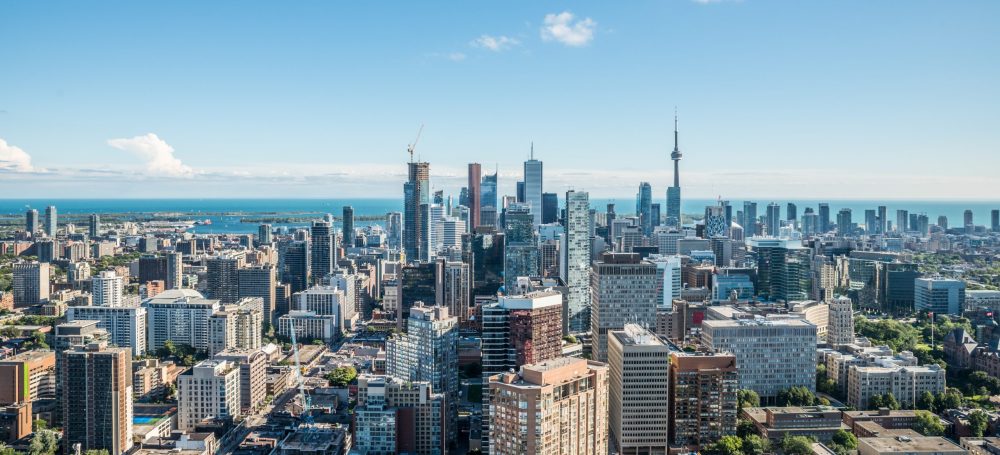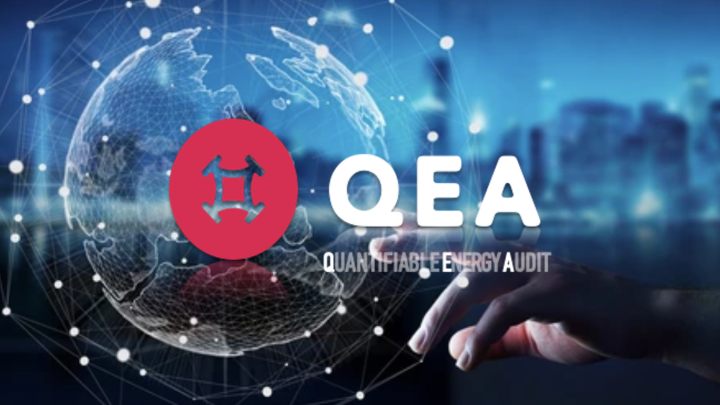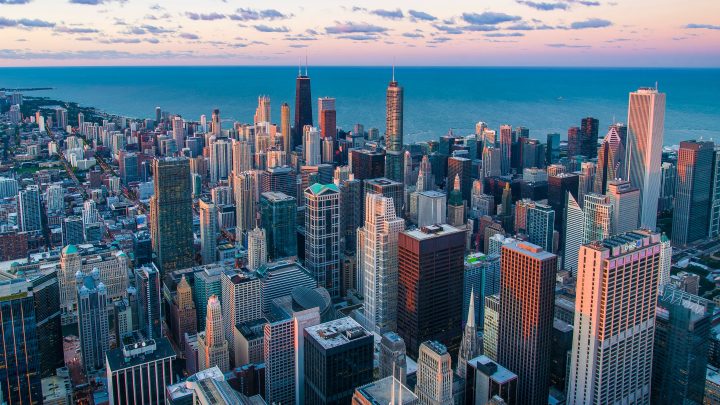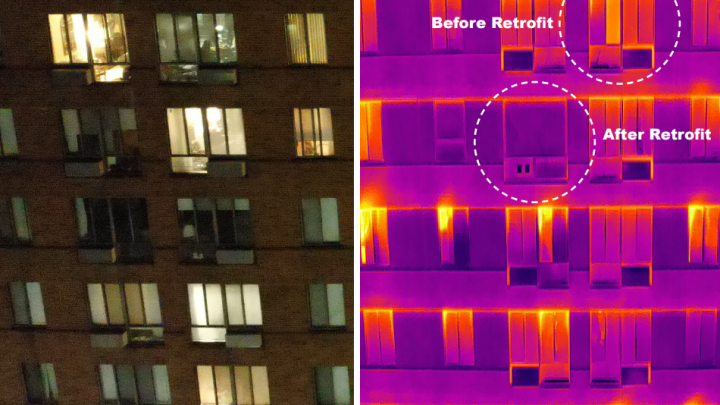
The City of Toronto has recently introduced new energy and water reporting requirements for building owners in the city, with the goal of improving the sustainability of Toronto’s buildings. By July 2, 2024, buildings that are 50,000 square feet or larger, which accounts for around 7500 buildings, will have to report their energy and water use for the 2023 year. Starting in 2025, the reporting requirements will extend to buildings that are 10,000 square feet or larger. Building owners will have to report on data such as electricity use, natural gas use, district energy use, and water use. These reporting requirements will allow building owners to keep track of their building’s performance, benchmark their performance against similar buildings, and save money by understanding their building’s energy and water usage. Such data will also aid the City in designing programs and policies that support property owners in improving the energy and water efficiency of their buildings. Requirements such as these and the data that they provide are necessary for Toronto’s built environment as buildings are the largest source of greenhouse gas emissions in the city, representing more than half of GHG emissions in Toronto.
The reporting requirements build off of Toronto’s Existing Buildings: Net Zero Strategy, which aims to lower GHG emissions from buildings to net zero by 2040. Key policy actions the City will take to implement this strategy include:
- Requiring building owners in Toronto to annually report their building’s GHG emissions performance.
- Requiring building owners to conduct energy and emissions audits to inform retrofit roadmaps.
- Reducing the costs and time associated with building retrofits.
The new energy and water reporting requirements are just one of many stepping stones in achieving the City’s goal of net zero emissions from buildings. There are a number of initiatives led by the City of Toronto that encourage building owners to analyze the energy performance of their buildings and take on retrofits. Through the Better Buildings Partnership, Toronto provides various programs that support building owners in improving the energy efficiency of their buildings. Some of these programs include:
Toronto’s Deep Retrofit Challenge
This is a competition-style program in which select buildings in Toronto will undergo a deep-retrofit to aid in the reduction of their GHG emissions. Projects will be completed by early 2025 and will be followed by a one-year post-retrofit performance evaluation.
The cost of retrofits can often be what holds building owners back when it comes to making energy efficient changes. However, the City’s Energy Retrofit Loan program offers the financing building owners need to invest in low-carbon, energy efficient capital improvements. All building types in Toronto are eligible for these loans and a vast number of building retrofits are eligible, such as building envelope improvements.
High-Rise Retrofit Improvement Support Program
This program provides low-cost financing for owners of residential apartment buildings who want to invest in energy and water consumption improvements. Buildings that are three storeys or more and were built before 1990 qualify. The program lets building owners pay for retrofits over time, allowing them to use associated energy, water, and operational savings to offset costs. Building improvements that qualify include window/ door caulking, exterior wall cladding, insulated roofing and more.
The City’s new reporting requirements and the various energy efficiency focused programs listed above are necessary mechanisms in the urgent task of decarbonizing Toronto’s built environment. Energy auditors such as QEA Tech make it seamless for building owners to meet these new requirements by providing in-depth data on the energy consumption of the building envelope.


